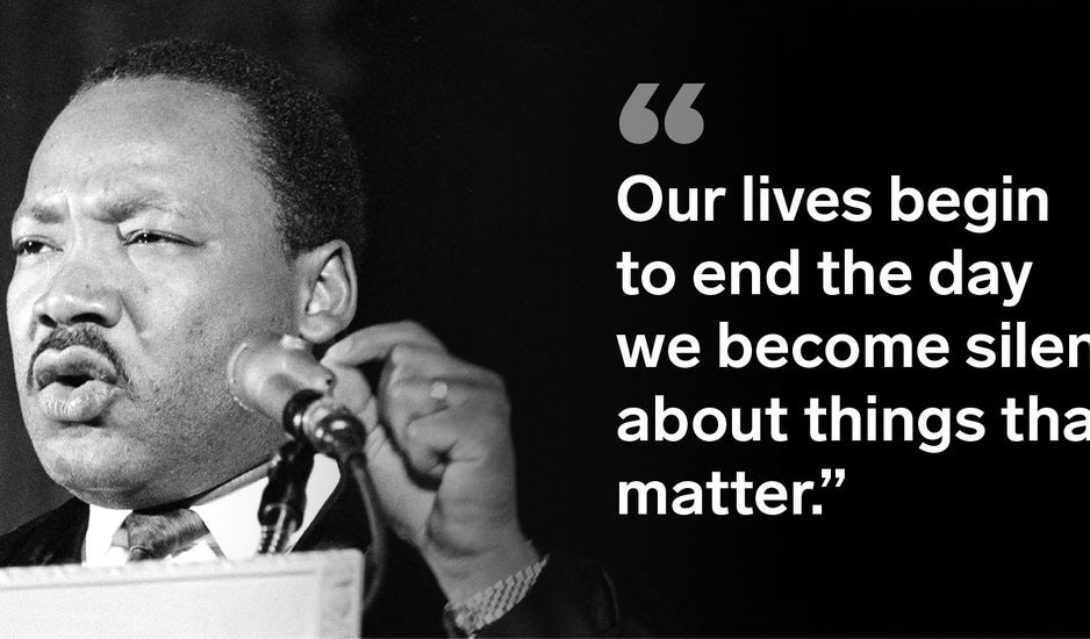As churches we acknowledge the injustices of poverty and we respond to appeals regularly. We’re even waking up to the injustices heaped on women and children through unjust laws, brutal economies and the sex trade. But the injustice of racism seems to have been largely ignored in our conversations and our churches, until a brutal murder in America makes it impossible to ignore.
“Racism is about making assumptions regarding the characteristics of a race to rate them as inferior or superior – demonstrating partiality or bias.”
Racism is a problem we can’t ignore or run away from. It’s an issue today, and it has been an issue throughout history, including when the Bible was written.
Paul, one of the early church’s leaders, wrote about divisions caused by racism.
In the first century, slavery was an accepted practice and the roman economy was built upon the practice. It was common to view people’s worth and rights differently. Foreigners, women, and children were generally regarded as property owned by the male heads of households. Foreigners would often be employed in bonded labour (enslavement to pay off debts). Jesus mentions such a situation in Matt. 18:21-35.
One of the primary divisions in the early church was between Jews and Gentiles. Some Jews wanted to force non-Jewish (Gentile) believers to perform the Jewish rituals. They argued that to be a good Christian, they had to do all the right Jewish religious activities, too.
Rather than telling Christians to ignore the discrimination against Gentiles, Paul addressed it head on: “There is no difference between Jew and Gentile—the same Lord is Lord of all and richly blesses all who call on him” Romans 10:12.
We see divisions broken down time and again in the early church. God challenges Peter’s prejudices on a rooftop in Joppa (Acts 10). Philip, also a leader of the church, baptises an Ethiopian eunuch. (Acts 8).
The early church understood that other people don’t determine our value; God does.
That’s because we are all his creation, and we all, equally, bear his image (Gen 1:27). He makes no distinction between the inherent value of one race or ethnicity over another. God is very clear that he does not have ‘favourites’ (Acts 10:34-35) and his gift of the Holy spirit on people irrespective of their race, background and social status was proof of their equal value.
“We were all baptized by one Spirit so as to form one body—whether Jews or Gentiles, slave or free—and we were all given the one Spirit to drink.”1 Cor 12:13
The story of the bible ends with an incredible vision of a future where “a great multitude that no one could number, from every nation, from all tribes and peoples and languages, [are] standing before the throne and before the Lamb” (Rev. 7:9-10)
That good news, the Gospel of Jesus, doesn’t just mean that we’re brought near to God. It also means we’re brought near to the people we once considered so different from ourselves (Eph. 2:13). God restores our relationships with people and groups we’ve mistreated. Reconciliation is the technical term and it means the removal of prejudice and the restoration of a relationship to a healthy understanding and appreciation for each other. God is a reconciling God. The Gospel is, at its core, a message of reconciliation.
If we belong to Jesus, we are part of His movement to foster reconciliation between people and God (2 Cor 5:18-20). As His representatives, we have the opportunity to share how the life-changing message of the Gospel creates a healthy relationship with God and healthy relationships between people, no matter who they are.
Your job and my job, as we learn to follow Jesus step by step, includes reconciliation, because the message of Jesus is that we all belong with God, together—no separation, equally loved and equally valued.
– Phil.

